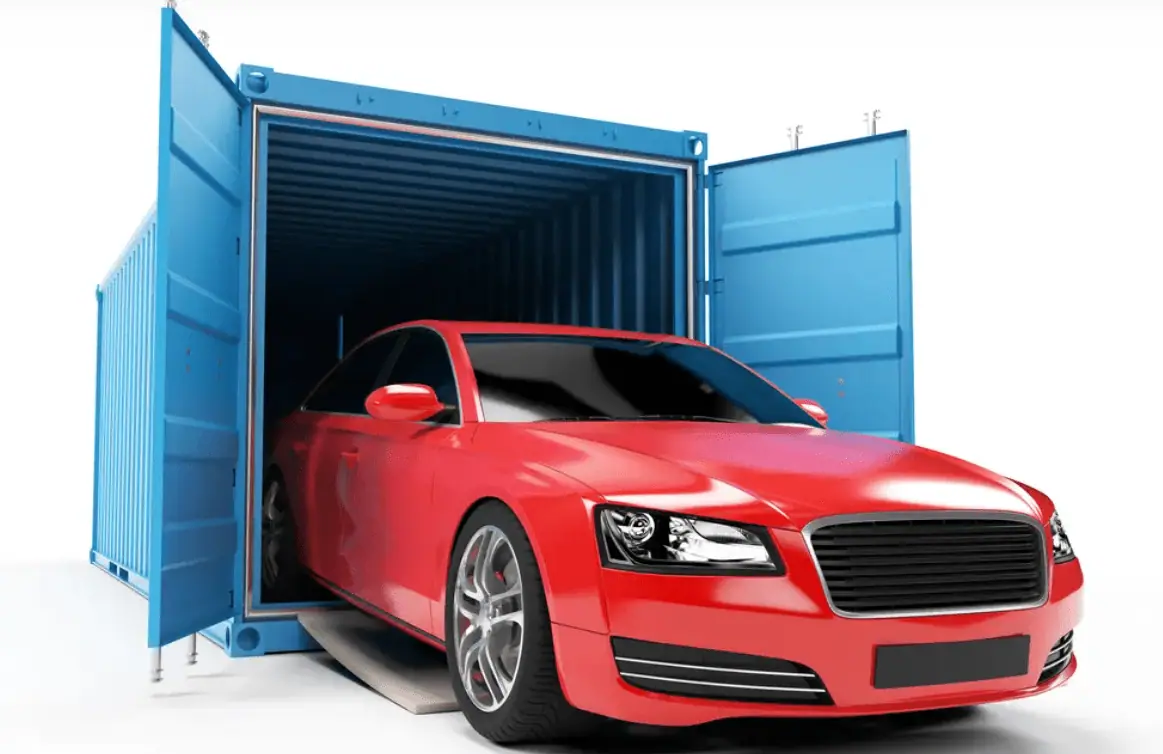How to Import Vehicles or Cars in UAE
Importing vehicles into the UAE is a lucrative business opportunity given the country's appetite for luxury and high-performance cars. However, navigating the import process requires a thorough understanding of the legal requirements, customs procedures, and market dynamics. This guide provides a comprehensive overview of how to import vehicles into the UAE, ensuring a smooth and profitable venture.
- Identifying Demand for Specific Vehicle Types - Before you start importing vehicles, it's essential to understand the market demand in the UAE. Luxury cars, high-performance vehicles, and unique models tend to have a significant market. Conduct research to identify which brands and models are in demand and tailor your imports to meet this demand.
- Analyzing the Competitive Landscape - Evaluate the existing competition in the UAE's automotive market. Identify key players, their pricing strategies, and their marketing approaches. This analysis will help you position your business effectively and find your niche.
- Understanding Customer Preferences in the UAE - Understanding the preferences of UAE customers is crucial. Factors such as brand reputation, vehicle performance, and after-sales service play a significant role in purchasing decisions. Catering to these preferences can give you a competitive edge.

Choosing a Vehicle
Selecting the Right Vehicle for Import - Choose vehicles that are in demand and have a high resale value in the UAE market. Consider factors such as brand popularity, model year, and condition of the vehicle.
Sourcing Vehicles from International Markets - Identify reliable sources for purchasing vehicles. This can include auctions, dealerships, and private sellers in countries known for exporting vehicles to the UAE, such as the USA, Japan, and Germany.
Evaluating Vehicle Condition and Specifications - Conduct a thorough inspection of the vehicle to ensure it meets the required standards. Check the vehicle’s history, condition, and specifications to avoid any issues during importation and registration.
Legal Requirements
Import Regulations and Restrictions - The UAE has specific regulations governing vehicle imports. These include restrictions on the age of the vehicle, emission standards, and safety requirements. Ensure that the vehicle you plan to import complies with these regulations to avoid any legal issues.
Compliance with UAE Standards and Specifications - Imported vehicles must meet UAE standards and specifications. This includes adhering to safety and emission standards. Obtain a certificate of conformity from the vehicle manufacturer to ensure compliance.
Documentation Needed for Importation - Prepare all necessary documentation for the import process. This includes the bill of lading, certificate of origin, invoice, and any other required certificates. Proper documentation is crucial for smooth customs clearance.
Shipping and Logistics
Choosing a Reliable Shipping Method - Select a reputable shipping company that offers reliable and cost-effective transportation options. Consider container shipping or roll-on/roll-off (RoRo) shipping based on the type of vehicle and budget.
Arranging Transportation to the UAE - Coordinate with the shipping company to arrange transportation from the source country to the UAE. Ensure that all necessary preparations, such as packing and securing the vehicle, are done correctly.
Understanding Shipping Costs and Insurance - Calculate the total shipping costs, including freight charges, insurance, and any additional fees. It’s advisable to insure the vehicle against potential damage or loss during transit.
Customs Clearance
UAE Customs Procedures - Familiarize yourself with the customs procedures in the UAE. This includes submitting the required documents, paying duties and taxes, and obtaining customs clearance for the vehicle.
Duties and Taxes on Imported Vehicles - Calculate the duties and taxes applicable to your imported vehicle. The UAE imposes a customs duty of 5% on the value of the vehicle, along with VAT and other potential fees.
Clearing Customs Efficiently - To expedite the customs clearance process, ensure that all documentation is accurate and complete. Work with a customs broker if necessary to navigate the process smoothly.
Registration and Licensing
Vehicle Inspection and Testing - Once the vehicle has cleared customs, it must undergo inspection and testing to ensure it meets UAE standards. This includes emissions testing and safety inspections conducted by authorized centers.
Registering the Vehicle with the RTA - Register the vehicle with the Roads and Transport Authority (RTA) in the UAE. Submit the necessary documents, including the inspection report, and pay the required fees to obtain registration.
Obtaining a UAE License Plate - After successful registration, you will be issued a UAE license plate. Ensure that the vehicle is insured as per UAE laws before driving it on the roads.
Costs and Financial Considerations
Breakdown of Costs Involved in Importing Vehicles - Understand the various costs involved in importing vehicles, including purchase price, shipping, customs duties, taxes, inspection fees, and registration costs.
Budgeting for Unforeseen Expenses - Set aside a budget for unforeseen expenses such as repairs, additional shipping charges, or regulatory changes. Having a financial buffer can help manage any unexpected costs.
Financing Options for Vehicle Importers - Explore financing options to support your import business. This can include loans, credit lines, or partnerships with financial institutions that offer trade financing.
Marketing and Selling Imported Vehicles
Developing a Marketing Strategy - Create a comprehensive marketing strategy to promote your imported vehicles. Highlight unique selling points such as exclusive models, competitive pricing, and superior service.
Utilizing Digital Marketing Channels - Use digital marketing channels such as social media, online advertising, and search engine optimization (SEO) to reach potential customers. Build a professional website showcasing your inventory and services.
Building a Customer Base in the UAE - Engage with potential customers through networking events, car shows, and industry forums. Provide excellent customer service to build a loyal customer base and encourage word-of-mouth referrals.